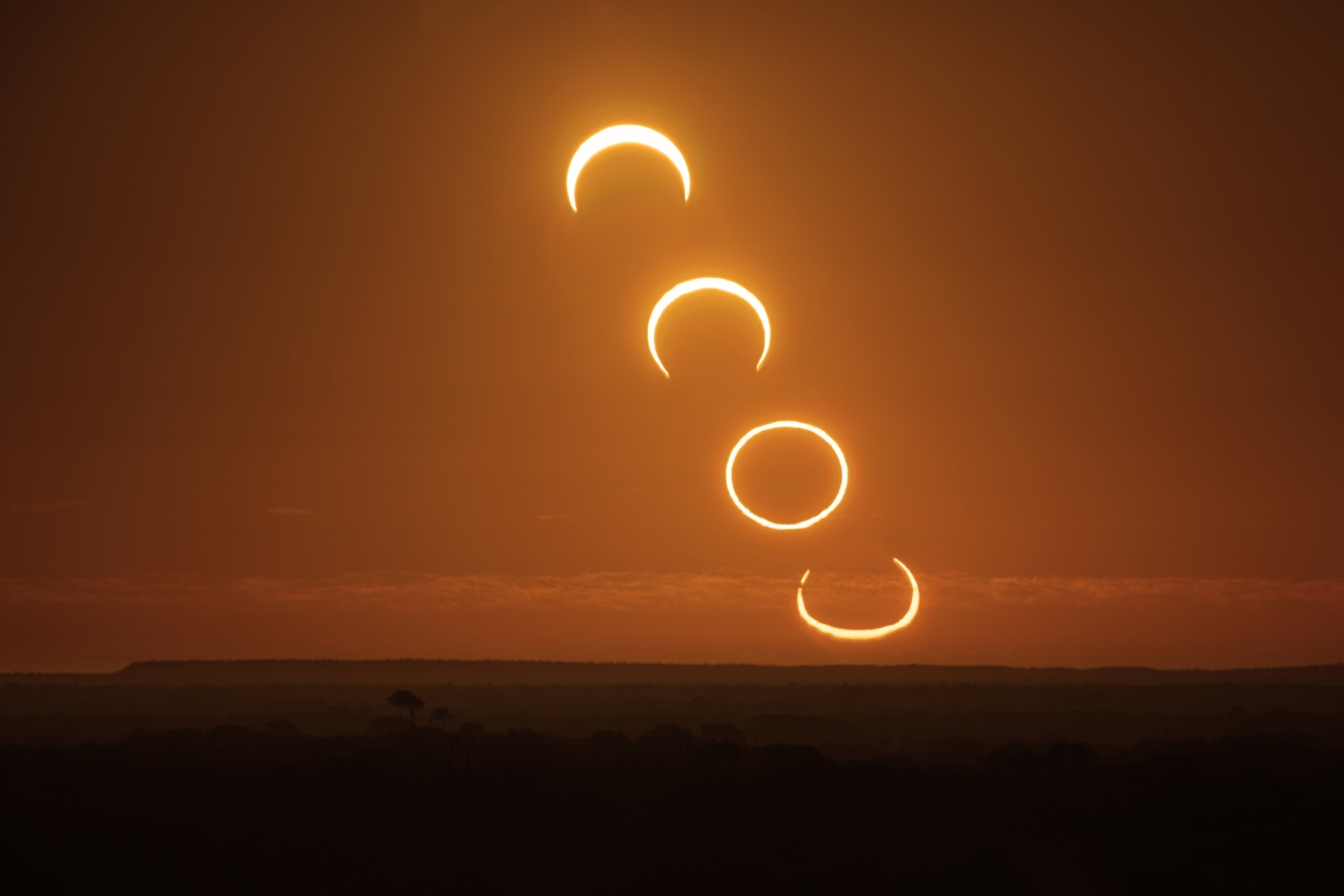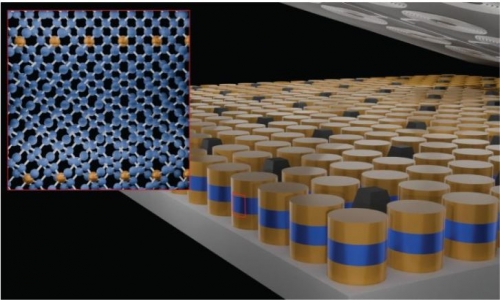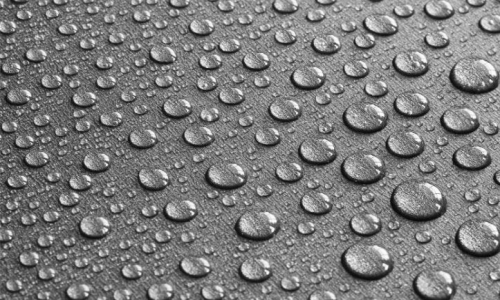


 6:54:26
6:54:26  2022-10-25
2022-10-25  823
823

A truly awe-inspiring event, a solar eclipse is when the moon blocks any part of the sun from our view. The bright face of the sun is covered gradually by the moon during a partial eclipse, lasting a few hours. During the brief period of a total eclipse when the moon fully covers the sun (only a couple of minutes), the light of day gives way to a deep twilight sky. The sun’s outer atmosphere (called the solar corona) gradually appears, glowing like a halo around the moon in front of it. Bright stars and planets become more visible in the sky.
Watching a solar eclipse is a memorable experience, but looking directly at the sun can seriously damage your eyes. Staring at the sun for even a short time without wearing the right eye protection can damage your retina permanently. It can even cause blindness, called solar retinopathy.
There is only one safe way to look directly at the sun, whether during an eclipse or not: through special-purpose solar filters. These solar filters are used in “eclipse glasses” or in hand-held solar viewers. They must meet a very specific worldwide standard known as ISO 12312-2.
Keep in mind that ordinary sunglasses, even very dark ones, or homemade filters are not safe for looking at the sun.
Steps to follow for safely watching a solar eclipse:
Reality Of Islam |
|

For years,

New scienti

This is the

A computer
 9:3:43
9:3:43
 2018-11-05
2018-11-05
10 benefits of Marriage in Islam
 7:5:22
7:5:22
 2019-04-08
2019-04-08
benefits of reciting surat yunus, hud &
 9:45:7
9:45:7
 2018-12-24
2018-12-24
advantages & disadvantages of divorce
 11:35:12
11:35:12
 2018-06-10
2018-06-10
 6:0:51
6:0:51
 2018-10-16
2018-10-16
 10:47:11
10:47:11
 2022-11-22
2022-11-22
 9:50:37
9:50:37
 2023-02-28
2023-02-28
al-hussain (peace be upon him)
 10:18:1
10:18:1
 2022-09-21
2022-09-21
 2:2:13
2:2:13
 2022-10-08
2022-10-08
 11:34:48
11:34:48
 2022-06-29
2022-06-29
 4:25:57
4:25:57
 2023-02-11
2023-02-11
 7:32:24
7:32:24
 2022-02-14
2022-02-14
 5:41:46
5:41:46
 2023-03-18
2023-03-18
| LATEST |